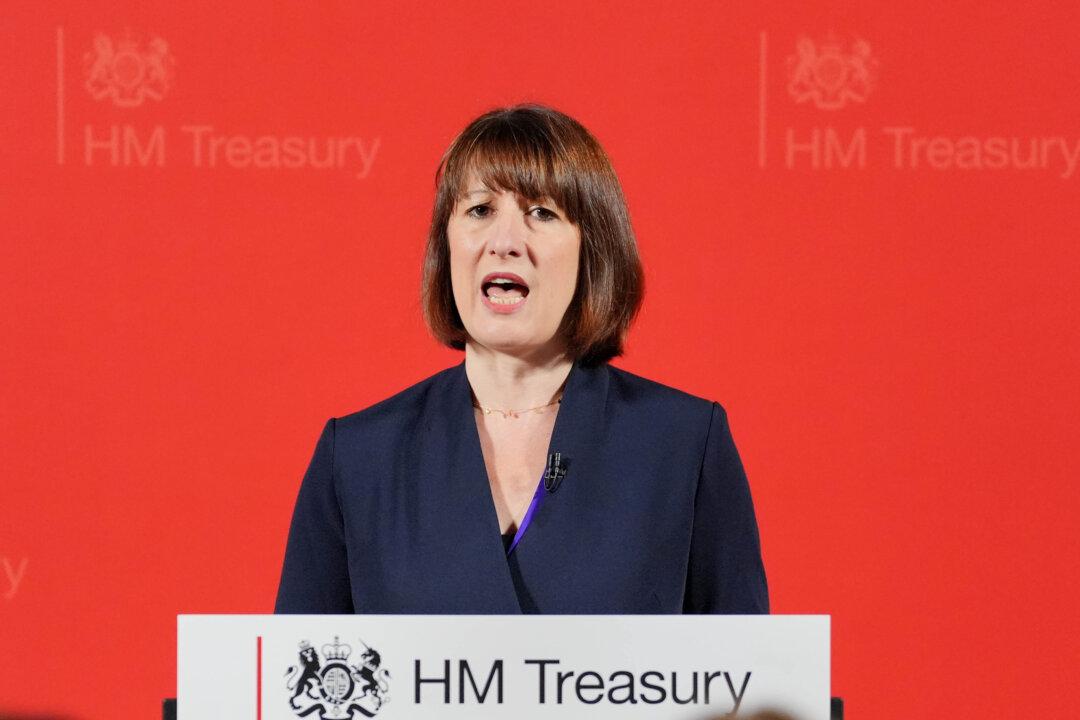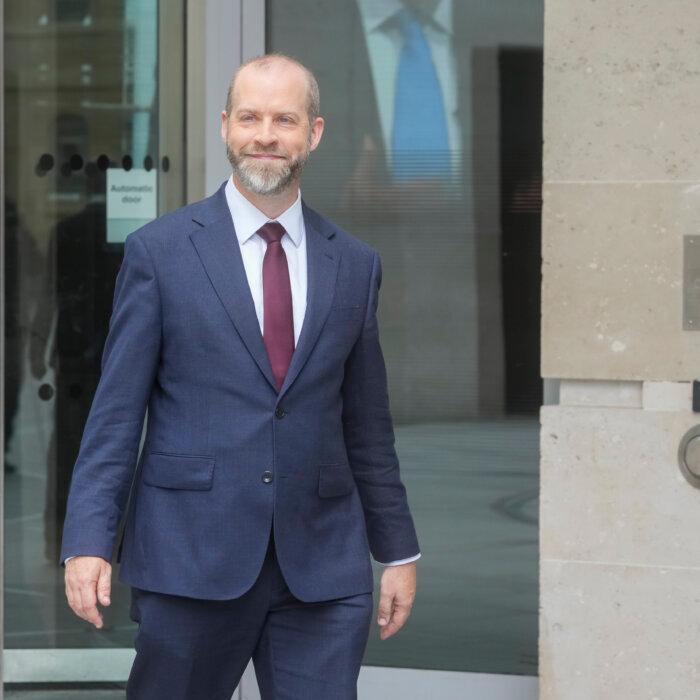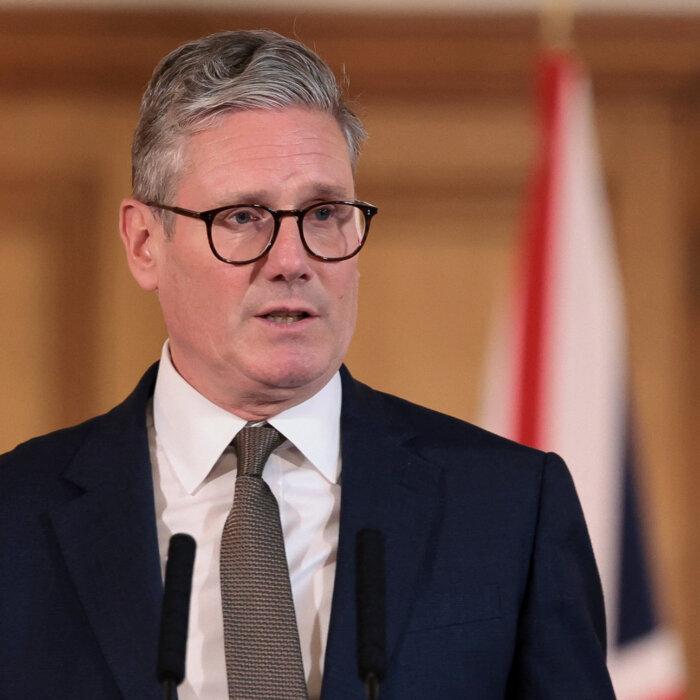Chancellor Rachel Reeves has announced plans to bring back mandatory housing targets, as well as the end to what has been described as an effective ban on building onshore wind farms.
Setting out the government’s plan to “get Britain building again” in her first speech as chancellor, Ms. Reeves said there’s “no time to waste” in boosting economic growth and building infrastructure that the UK needs, including 1.5 million homes in the next five years.
Housing Targets
The government will reform the National Planning Policy Framework (NPPF), with a “growth-focused” draft published for consultation before the end of the month, Ms. Reeves said, adding that the approach will include restoring mandatory housing targets.Under Labour’s plans, 300 additional planning officers will be deployed across the country, and Deputy Prime Minister Angela Rayner will write to local planning authorities to set out “what will now be expected of them, including universal coverage of local plans and reviews of greenbelt boundaries.”
The review will prioritise the development of brownfield and so-called grey belt land, or low quality land in the green belt, to help meet the housing targets.
It’s part of the “golden rules” Labour floated in April. Ms. Reeves said the move would allow the delivery of “thousands” of affordable and social houses.
Onshore Wind Farm ‘Ban’
The chancellor also announced the lifting of restrictions on new wind farms and plans to centralise decision making on large developments.“As of today, we are ending the absurd ban on new onshore wind in England,” Ms. Reeves said, referring to two tests introduced in 2015 that, in practice, meant projects can be stopped by small numbers of opponents.
In September last year, Michael Gove, former housing and communities secretary, loosened the restrictions in a bid to accelerate onshore wind projects where there is local support.
The government also plans to bring onshore wind back into the “nationally significant infrastructure projects” regime, meaning “decisions on large developments will be taken nationally, not locally,” the chancellor said.
Reacting to the scrapping of the “de facto ban” on onshore win farms, Dan McGrail, chief executive of trade body RenewableUK, said in a statement that the move is “long overdue.”
“Lifting the onshore wind ban in England was long overdue and we’re delighted that Labour has made this one of its first priorities in office. This shows that the new government is determined to act fast to tackle some of the longstanding barriers which have held the UK back on developing vital new clean energy infrastructure.”
Mr. McGrail said “new wind farms provide electricity at very low cost, as well as strengthening our energy security and tackling climate change.”
Utility energy analyst Steve Loftus told The Epoch Times by email that he welcomed Labour’s deregulation on building plans but wished the party would be “as keen to deregulate other sectors” such as nuclear.
Mr. Loftus said onshore wind is a “poor quality source of electricity, with low load factors and high external costs that requires 100 percent fossil fuel backup.”
Supporters of onshore wind farms say they are one of the easiest and cheapest ways to produce low-carbon energy. Opponents often cite concerns over the safety of wildlife, particularly birds, the visual and noise impact of the turbines, and the intermittent nature of wind, or question the necessity to reduce carbon emissions.
Infrastructure Building
Elsewhere in the seven-point plan Ms. Reeves said the government will prioritise energy projects and expanding the spatial plan for energy to other infrastructure sectors.Ms. Reeves and Ms. Rayner, who is also the housing and communities secretary, will ask the secretaries for transport and energy security to prioritise backlogs of infrastructure projects.
She also said Ms. Rayner “will not hesitate” to review a rejected project application “where the potential gain for the regional and national economies warrant it.”
The deputy prime minister has already decided to recover appeals for data centres in Buckinghamshire and Hertfordshire.
Ms. Rayner will also write to local mayors and the Office for Investment to ensure that they alert her and Ms. Reeves about “any investment opportunity with important planning considerations that comes across their desks,” the chancellor said.
The pair are also expected to set out the government’s new policy intentions for critical infrastructure in the coming months and update relevant national policy statements within the year.







